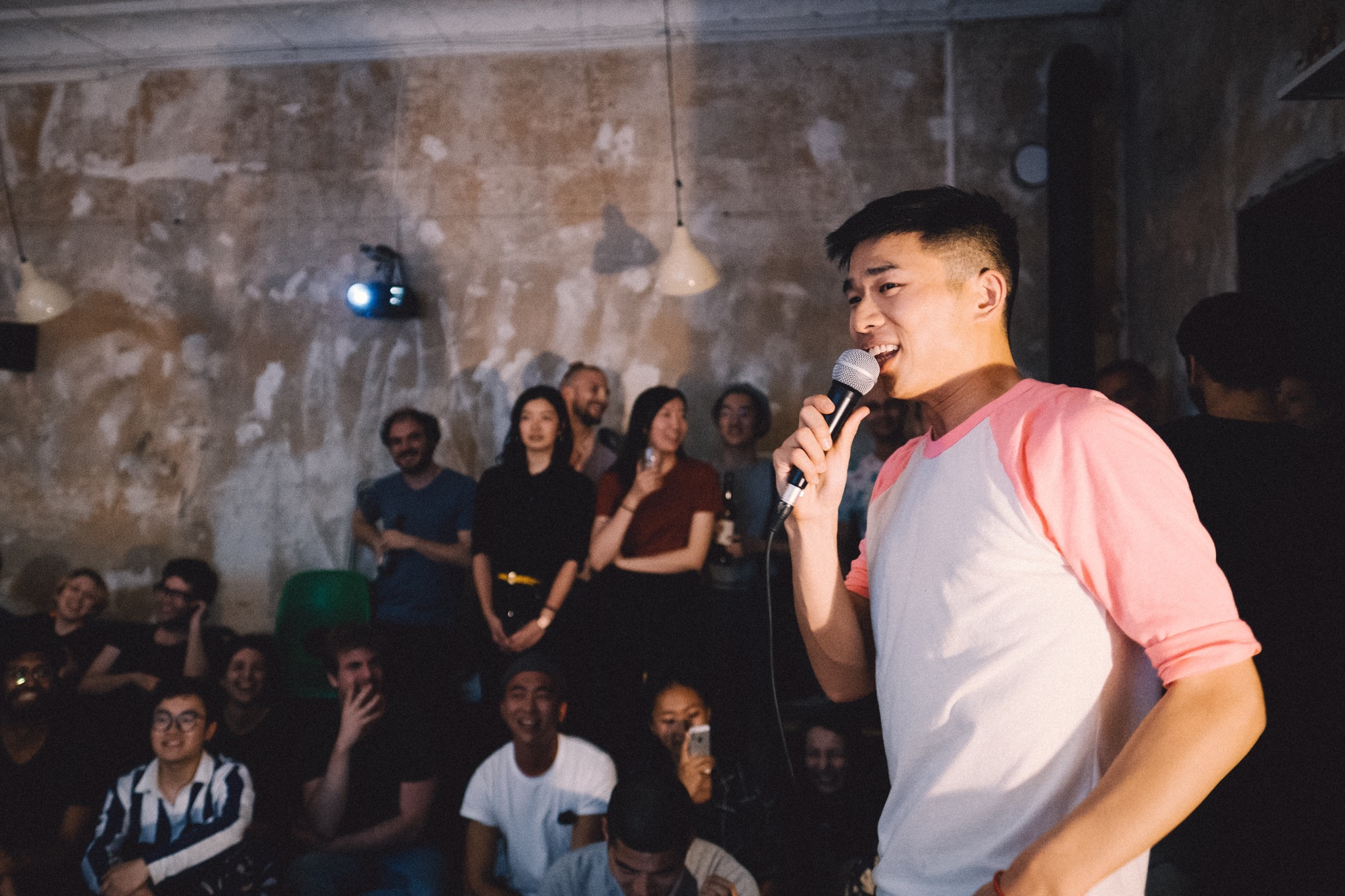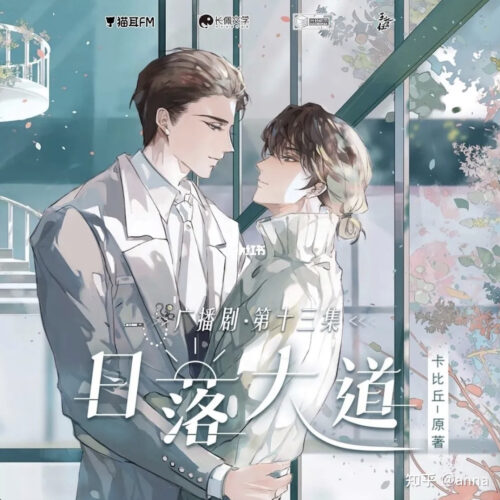The movies of Fan Popo, China’s trailblazing LGBTQ filmmaker
The streaming platform Montage is currently hosting nine films by Fan Popo, one of China’s best-known filmmakers on queer themes.

Fàn Pōpō 范坡坡 — an activist, writer, and one of China’s best-known filmmakers on queer themes — has given voice to the country’s marginalized LGBTQ community. In his documentaries and fictional shorts, Fan explores the experiences, families, and lives of a wide variety of LGBTQ people. His work advocates for a wider acceptance and understanding of LGBTQ issues, and now, thanks to the streaming platform Montage, Fan’s films have been made more accessible than ever. Since January 15, the platform has hosted nine of Fan’s films, tracing his career from its earliest days to his most current work.
Montage is offering a 20% off discount code on Fan’s movies; use the code SUPCHINA
After he graduated from the Beijing Film Academy, Fan had a book on his hands, not a film. He published Happy Together: Complete Record of a Hundred Queer Films in 2007, profiling such Chinese and foreign milestones in queer cinema as Zhāng Yuán’s 张元 East Palace, West Palace 东宫西宫 (dōnggōng xīgōng). Fan tells me that he used the book’s royalties for film equipment and living expenses, surviving off Peking duck bones. Shot as a “zero budget film,” New Beijing, New Marriage (新前门大街 xīn qiánmén dàjiē) (2009) was Fan’s debut short about two couples on Valentine’s Day in Beijing, one gay and the other lesbian. Posing on the city’s Qianmen Street, the brides and grooms have their photos snapped as onlookers gawk, giggle, and speak to the camera. These comments are brutally honest, ranging from the supportive to the indifferent to outright hostility. Some criticize the couples, others smile and want to join their pictures.
Fan’s next work, Chinese Closet (柜族 guì zú) (2010), was his first full-length documentary. This film centers on gay Chinese and their experiences coming out to loved ones. His follow-up Be A Woman 舞娘 (wǔ niáng) (2011) profiles a lovable group of drag queens in a Chinese bar, while Mama Rainbow (彩虹伴我心 cǎihóng bàn wǒ xīn) (2012) interviews six mothers across China who have queer children. These women relate how their own kids came out to them, and how they overcame prejudices or worked to educate themselves about their children’s sexual identities. The “Mamas” become LGBTQ activists themselves, urging parents to support their kids and fight back against the idea that a queer child is shameful or disappointing. While there are dark moments, such as a story about a boy whose classmates beat him for being gay, it’s an overall warm and affirmative film.
For The VaChina Monologues (来自阴道 láizì yīndào) (2014), Fan returned to the short format as he documented the ever-expanding adaptations and performances of Eve Ensler’s The Vagina Monologues in China. His next project resolved an unfinished thread. Years earlier, when Fan made Mama Rainbow, he originally wanted to include both fathers and mothers in his interviews. Finding supportive dads was difficult, but Fan was later able to find enough for a companion piece, Papa Rainbow (彩虹伴我行 cǎihóng bàn wǒ xíng) (2016). In this feature, Fan interviews six Chinese fathers about their experiences with their LGBTQ children. The participants include a gay man who didn’t realize his identity until after marrying a woman, and a government employee whose wife refuses to support their lesbian daughter.
Along with interviews, Papa Rainbow is composed of snippets of the “Papas” rehearsing plays about men who discover their children’s sexual identities. These dramas, with plots like a father who reacts violently about his son’s coming-out, are surprisingly effective. Sure, it’s a bit bizarre watching grown men act and dress like teenagers, but it’s also daunting in the way it reminds viewers that these scenes of family dysfunction and unrequited love could be playing out anywhere at this very moment.
While continuing his work in the documentary genre, Papa Rainbow represented something new for Fan in the way it blends fiction and reality. In film school, Fan had studied screenwriting, and was more interested in fiction. “In the beginning,” Fan says, “I just made documentaries as a ‘try-out.’ But, unexpectedly, I was on ‘trial’ for almost 10 years.” Fan wrote a script for Chāo Xiǎomǐ 超小米, a transgender activist who also appears in one of the plays in Papa Rainbow, which became The Drum Tower (鼓楼西 gǔlóu xī) (2019). In this short, a transgender businesswoman risks having her antique shop torn down by the Beijing government. Kacchan, a high school student, might be the only one who can save the store. Notably, the main characters are all played by transgender actors.
From his experience with The Drum Tower, Fan gained more confidence in crafting fiction. He went on to make Floss (线 xiàn) (2019), an offbeat romance about a man who fetishizes his lover’s teeth. His latest short, Beer! Beer! (喝一杯 hè yībēi) (2020), is primarily shot in gorgeous black-and-white. This “anti-romantic comedy” in Berlin follows Tao and Sebastian, two men who chat, flirt, and walk around the city. They discuss cultural differences, their pasts, and their experiences with death, seemingly bonding with one another until a mattress and explosion of color unravels whatever love story could have possibly developed here.
Being an independent filmmaker, especially one concerned with queer themes, has never been an easy task. In China, where LGBTQ films are banned and censored, Mama Rainbow was mysteriously pulled from several big video sites in 2014. Even getting funding can be a difficult goal to reach. “Finance is still the biggest challenge,” Fan notes, “as most of my scripts are queer stories and sex positive.” Despite these challenges, Fan pushes on with his films, currently at work on a feature-length script and some new shorts. Now in 2021, with the Fan Popo collection on Montage, there’s never been a more perfect time to appreciate, enjoy, and support his trailblazing work.






